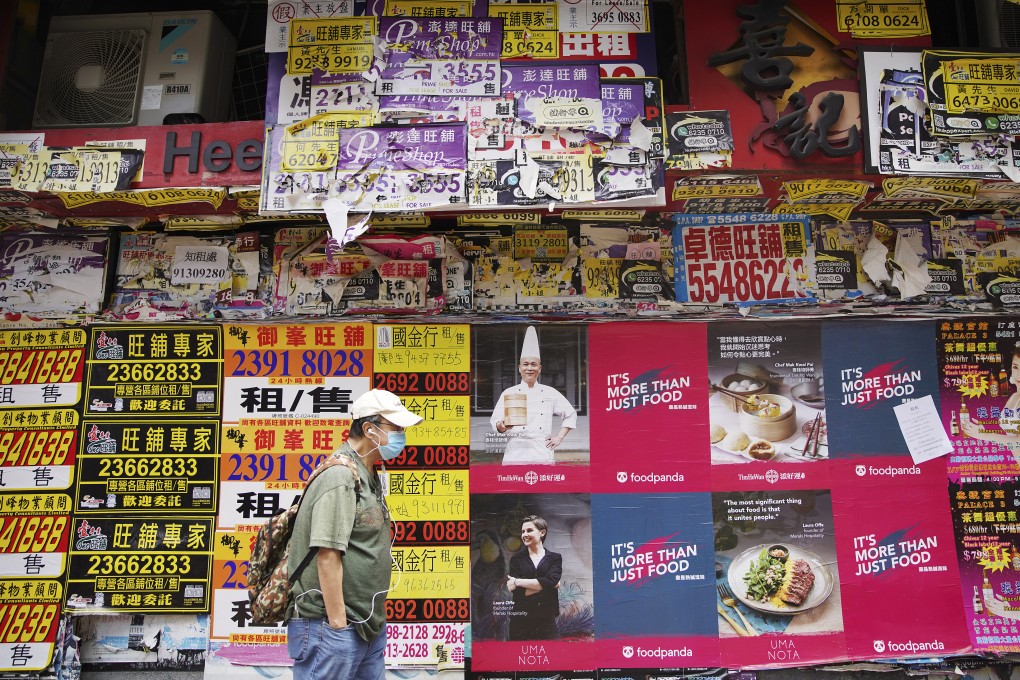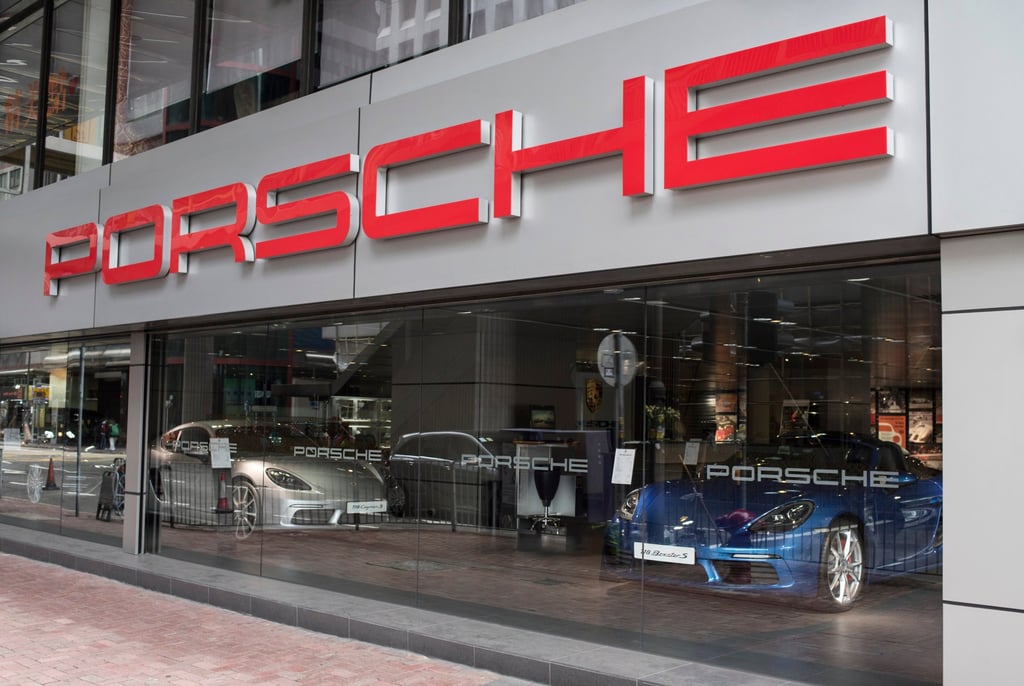Clinics, car dealers snap up prime space as luxury brands bow out of Hong Kong’s slumping retail market
- Human Health signed a six-year lease for HK$95 million to lease a 38,000-sq ft space at Star House in TST for one its 50 clinics in Hong Kong
- Maserati took up a 9,000-sq ft show room at the H&S building in Causeway Bay while Porsche is moving to Hopewell Centre 2 in Wan Chai

Private clinics and car dealers are snapping up retail space around Hong Kong that had been vacated by luxury brands, giving commercial landlords some relief amid an industry slump caused by the dearth of tourists and competition from online shopping.
Maserati, the Italian sports car assembler, took up a 9,000-sq ft show room at the H&S building in Causeway Bay, left vacant by Mercedes-Benz. Its German competitor Porsche is closing its showroom on Gloucester Road in Wan Chai to move to Hopewell Centre 2, becoming one of the first tenants in the new development.
Rental charges at prime street locations and shopping centres have fallen by 5 per cent in the first quarter according to Savills, giving non-luxury retailers and service providers the pick of choice locations in what is still one of the world’s most expensive real estate markets. Vacancy in Hong Kong’s four core shopping districts of Causeway Bay, Tsim Sha Tsui, Central and Mong Kok rose to 11 per cent in the first quarter, from 9.9 per cent at the start of 2022, according to Midland IC&I.

“With the ageing population and the Covid-19 pandemic, the locals are more health conscious,” said Lawrence Wan, senior director of advisory and retail transaction services at CBRE Hong Kong. “The significant drop for the street level shops has attracted more medical service providers to explore street shop opportunities and increase exposure. For luxury car brands, it is more about relocation and flight to quality.”
Hong Kong’s economy contracted by a larger-than-expected 4 per cent in the first quarter, with retail sales declining by 7.6 per cent during the first three months. As many as 829 shops of the 7,524 shops surveyed by Midland stood empty at the end of March.